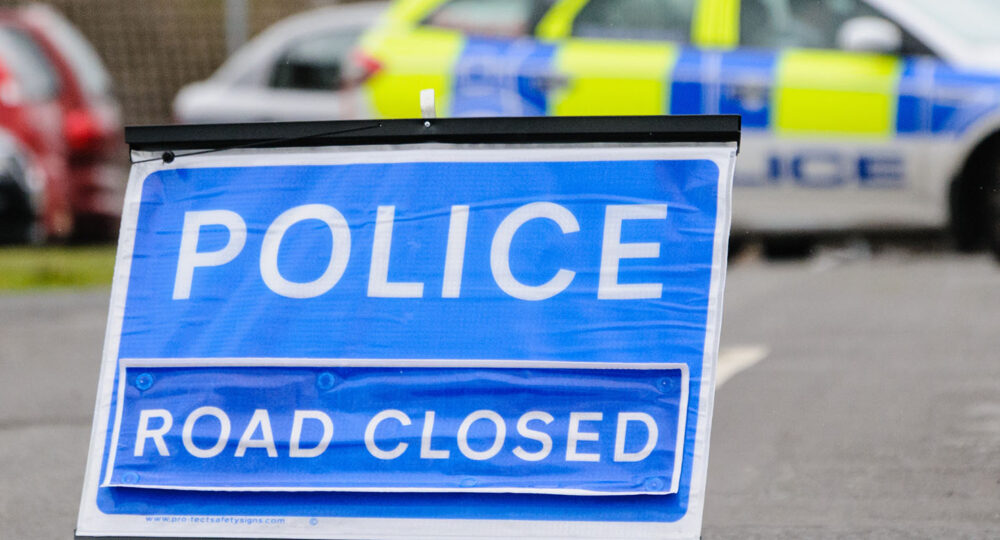CAN YOU CLAIM COMPENSATION FOR AN ACCIDENT AT WORK?
The short answer is yes. Your employer has a duty of care to you, as an employee, to take all reasonable steps to protect your health and safety at work (https://www.hse.gov.uk/). They have to comply with health and safety laws.
What does the duty include?
- Ensuring a safe working environment
- Providing adequate training for the job
- Carrying out risk assessments
What types of accidents might give rise to a claim for compensation?
Slips/trips
An employer has a duty to ensure that the workplace floor is free from dangers, or any substances or articles that might cause a person to slip/trip.
The way for an employer to ensure that the workplace is safe is for it to carry out risk assessments and regular inspections. This would mean that any danger would be spotted and cleared, or for example, if a spillage could not immediately be cleared, warning signs could be put up to alert employees of any danger. If the risk of slip/trips is not properly assessed, or if the assessment is not put into practice through regular inspections and cleaning, you might be able to claim for compensation for an accident at work if you suffer one.
Defective machinery
An employer is required to ensure that all machinery and equipment is maintained in proper working order.
If an employee suffers injury because of faulty equipment, he/she may be entitled to claim for compensation for an accident at work.
Employers must conduct regular safety checks of equipment.
Employees must be properly trained in how to use equipment.
The use of machinery must be risk assessed.
Even if equipment is not faulty, if an employer has failed to train an employee in the proper use of equipment, and the employee suffers an injury because of that lack of training, he/she may be entitled to make a claim.
If equipment or machinery is found to be faulty, it must not be permitted for use unless and until it is fixed.
Some machinery/equipment must have an emergency stop-for example, a roller shutter door or fixed electrical machinery with sharp/dangerous parts must have emergency stop buttons within reaching distance. They will also need to have safety guards.
Protective equipment
An employer must provide appropriate protective equipment for employees when handling dangerous machinery or equipment or items.
For example, if an employee is having to work with saws, or having to pick up sharp items, then suitable protective gloves should be provided. Not just any gloves but gloves that are specifically made for such use.
Protective equipment might also include goggles or a safety mask, for example, when having to weld. This would avoid bits flying into a person’s eye or hitting somebody’s face.
Manual handling
An employer has a duty to ensure that the manual handling element of any task is reduced to the lowest level possible. That means that where at all possible, manual handling needs to be eliminated.
Where it is not possible to eliminate manual handling entirely, the task must be risk assessed. For example, an employee must not be required to lift and carry heavy loads. There are health and safety guidelines relating to the weights and sizes of items that are considered suitable for 1 person.
If weights or sizes exceed the levels, set procedures must be in place as to who lifts and how many people lift.
Training must be provided as to how an employee should perform manual handling tasks.
There should be job rotation/rest breaks to avoid continuous lifting tasks.
Building work/construction sites
Employers must properly assess such work.
Risk assessments must be conducted, there should be clear instruction, supervision and training.
If working at height, scaffolding needs to be considered as do safety nets and harnesses.
Suitable ladders should be provided with appropriate safety stoppers for stability.
Safety equipment such as hard hats must be given to employees.
Negligent fellow employees
If you suffer injury through the carelessness of another employee, your employer may be held responsible.
For example, another employee reversing his forklift truck into you because he/she wasn’t looking properly or was driving too fast.
Accidents at work can happen for all sorts of reasons and in all sorts of circumstances. An injury can cause you to have to take time off work and suffer a loss of earnings.
You would be entitled to claim for any injury and any financial losses suffered. We have specialist expertise in dealing with accidents at work and act on a no-win-no-fee basis.



